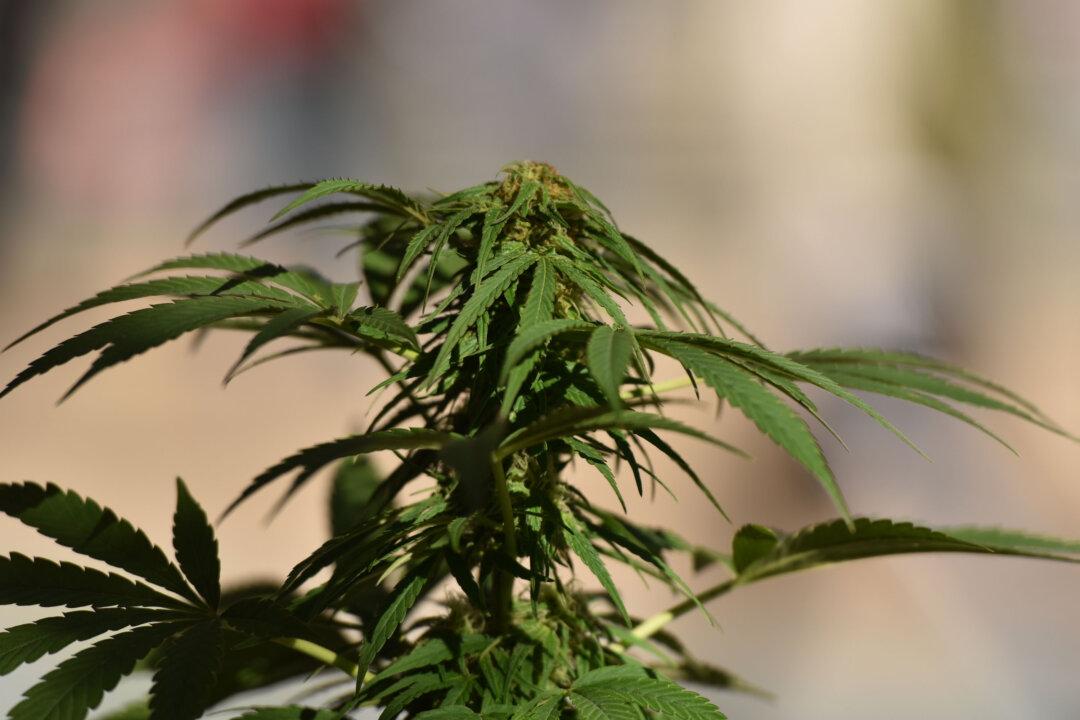Following numerous bankruptcies of marijuana businesses, Health Canada announced on March 25 that it is considering cutting regulations on the industry.
Growers, wholesalers, and retailers are blaming federal taxes and regulations for ruining the licensed cannabis industry, as first reported by Blacklock’s Reporter.





